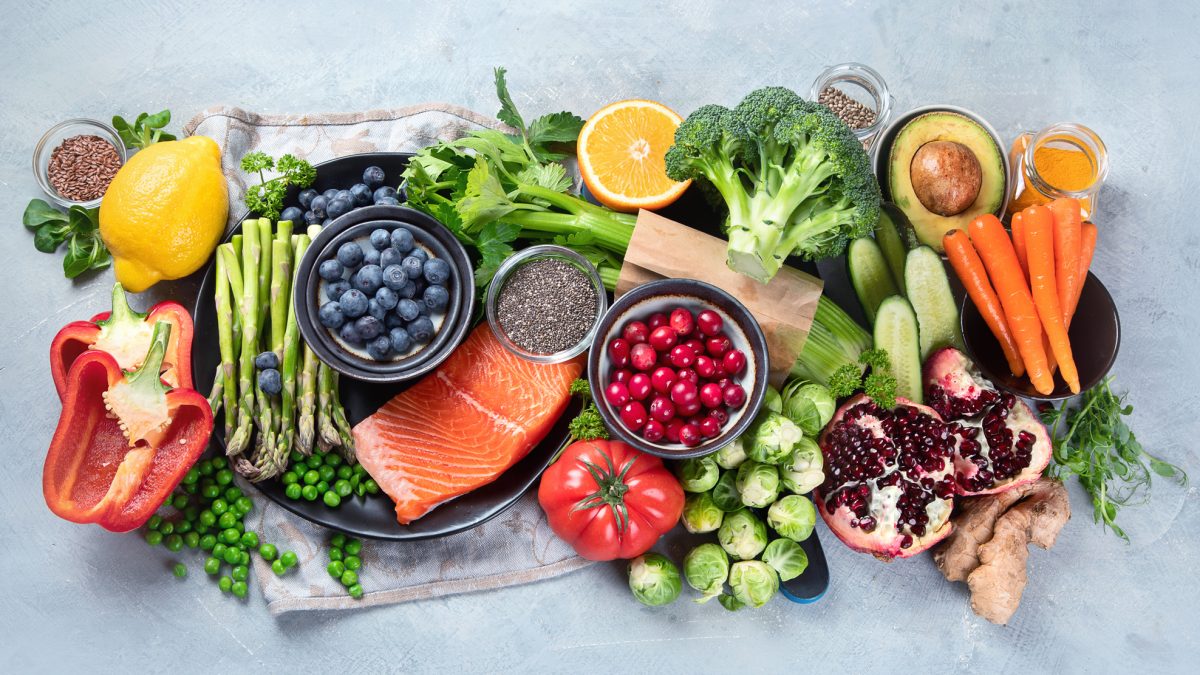Eating a healthy diet promotes the growth of “good” bacteria, which in turn positively affects the mind. A steady diet of junk food, on the other hand, can cause a negative result by increasing inflammation that hinders production. When neurotransmitter production is in good shape, your brain receives these positive messages loud and clear, and your emotions reflect it. Here is a quick overview of some of the foods that can boost your mood.
Yogurt:
Probiotics are not only beneficial for their digestive purposes, but have also been found to improve depression in those who struggle with digestive health. Foods that are rich in probiotics include yogurt, kefir, pickles, and even dark chocolate! These foods help the gut maintain an abundance of various types of beneficial bacteria to keep us healthy.
Fish:
There is continual evidence regarding the benefits of Omega-3 Fatty Acids playing an important role in mental health. Foods that are abundant in oily fish such as sardines, salmon, and mackerel may have an impact on brain function in a positive way. Another benefit of Omega-3 is it can also help reduce inflammation in the body. If dietary restrictions limit you from consuming certain foods, there are other ways to get these nutrients such as fish oil, flax seeds, chia seeds, and walnuts which also contain this healthy fat.
Vitamin D:
Vitamin D is essential for our bodies to remain healthy. Vitamin D deficiencies are extremely common and luckily sun isn’t the only way we can ensure our bodies are getting what they need. There is research that has suggested that Vitamin D may increase the levels of serotonin in our brains. Serotonin is one of the key neurotransmitters that influence our mood, and that deficiency may be linked to mood disorders, particularly seasonal affective disorder (S.A.D.). There are so many foods that contain Vitamin D such as cheese, egg yolks, and of course, orange juice! Sun exposure is definitely a great way to take in this nutrient, but eating supplemental foods that are rich in Vitamin D is even better.
Nuts and Seeds:
There are certain nuts and seeds that are known to be high in tryptophan, zinc, and selenium, which in turn, support brain function and lower the risk of depression. Walnuts are known to be one of the richest plant-based sources of B Vitamins. Another nut that has major benefits are almonds! Almonds are a very good source of manganese and copper, two minerals that aid in defusing free radicals produced within the mitochondria, protecting us against disease which in turn provides us with energy.
Whole Grains:
Whole grains are important sources of B vitamins, nutrients vital for brain health. Whole grains, such as steel-cut oats, barley, and quinoa are rich in many of the B vitamins that aid to reduce inflammation of the brain, which in the long run can potentially preserve your memory.


